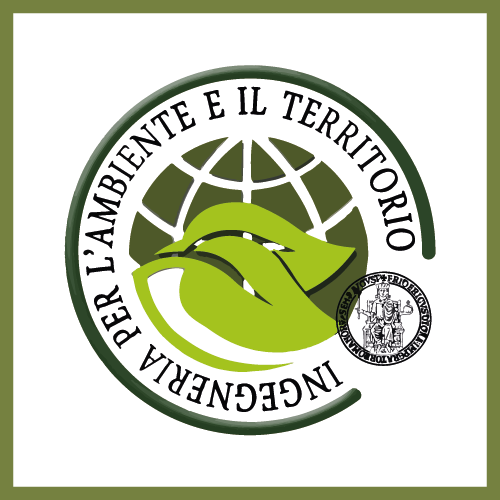Smart Urban Design
Code:
SSD: ICAR/14 [Architectural and Urban Design]
Learning outcomes:
This course aims at acquiring in-depth knowledge as well as at developing advanced skills in the field of architectural and urban design, with a special focus on the interactions with the topic of smart mobility. The course will be carried out in a close synergy with other courses in the field of Engineering. Urban Design and Transportation Engineering, as well as other disciplines, will thus cooperate to implement a transdisciplinary workshop on a site-specific design topic. The course is open and addressed to students attending different M/Arch and M/Eng programmes, including Building Engineering and Architecture, Civil Engineering, Environmental Engineering, Transportation Engineering and many others.
Students are not expected, nor required, to reach any individual advanced level in disciplines outside their own major field of interest, but to develop the highest grade of interaction with different proficiencies and to optimise their specific knowledge and skills in the framework of the objectives shared by the design team.
The course is conceived as a design studio and organised as a workshop carried out by one or more (depending on the number of students) trans-disciplinary design teams who will focus on a site-specific and problem specific design topic.
Transversal skills, such as team working, problem solving, point-of-view flipping, brainstorming participation, creative thinking, critical thinking, are required and will be boosted.
Contents:
Students will deal with the issue of urban transformations with reference to ongoing changes in the field of urban mobility, with a focus on highly multimodal transportation systems conceived in the framework of a MaaS (Mobility as a Service) approach and with a special reference to CCAM (Cooperative, Connected and Automated Mobility).
Special focuses will be developed on last-mile logistics and on vehicle-to-grid approaches. These issued will be dealt with, in order to re-organise and re-shape the public space in the contemporary city.
The issue of urban transformations with reference to mobility will obviously be considered with reference to Agenda 2030 and its Sustainable Development Goals, such as, above all, SDG 11 “Make cities and human settlements inclusive, safe, resilient and sustainable” as well as SDGs 10 and 5 since endowing public space with multimodal, safe, user-friendly and green mobility services, as well as improving road safety, means taking care of “those in vulnerable situations, women, children, persons with disabilities and older persons”, and thus help to reduce all sorts of inequalities.
As far as case studies are concerned, the course will focus on a specific urban area which will be chosen on the basis of its strategic significance with reference to existing transportation systems and to specific issues to solve. Original and ground-breaking design solution will be forwarded, carried out and assessed. The course will thus produce pilot scenarios for the sustainable transformation of critical urban areas.
Teaching method: Interactive talks, in-class activities, design studio, workshops, brainstorming, critical reviews.
Teaching material: To be defined
Examination procedures:
The final examination consists of an oral exam covering the theoretical and technical aspects described within the course together with the presentation and the discussion of the projects/scenarios produced by the design teams.

